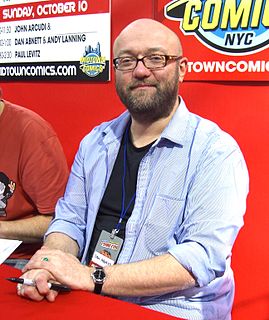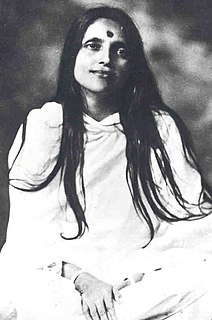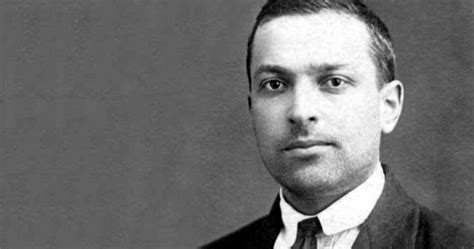A Quote by Eric Hoffer
A multitude of words is probably the most formidable means of blurring and obscuring thought. There is no thought, however momentous, that cannot be expressed lucidly in 200 words.
Related Quotes
To be functionally fluent in a language, for instance, in most cases you need about 1,200 words. To acquire a total of vocabulary words, if you really train someone well they can acquire 200 to 300 words a day, which means that in a week they can acquire the vocabulary necessary to speak a language.
We know that words cannot move mountains, but they can move the multitude; and men are more ready to fight and die for a word than for anything else. Words shape thought, stir feeling, and beget action; they kill and revive, corrupt and cure. The "men-of-words"- priests, prophets, intellectuals- have played a more decisive role in history than military leaders, statesmen, and businessmen.
It is probably impossible to think without words, but if we permit ourselves to think with the wrong words, we shall soon be entertaining erroneous thoughts; for words, which are given us for the expression of thought, have a habit of going beyond their proper bounds and determining the content of thought.
The usual method of creation for most human beings is a three-step process involving thought, word, and deed or action. First comes thought; the formative idea; the initial concept. Then comes the word. Most thoughts ultimately form themselves into words, which are often then written or spoken. This gives added energy to the thought, pushing it out into the world, where it can be noticed by others. Finally, in some cases words are put into action, and you have what you call a result; a physical world manifestation of what all started with a thought.
Words outlive people, institutions, civilizations. Words spur images, associations, memories, inspirations and synapse pulsations. Words send off physical resonations of thought into the nethersphere. Words hurt, soothe, inspire, demean, demand, incite, pacify, teach, romance, pervert, unite, divide. Words be powerful.
The individual cannot think and communicate his thought, the governor and legislator cannot act effectively or frame his laws without words, and the solidity and validity of these words is in the care of the damned and despised litterati...when their very medium, the very essence of their work, the application of word to thing goes rotten, i.e. becomes slushy and inexact, or excessive or bloated, the whole machinery of social and of individual thought and order goes to pot.
Hegel's philosophy is so odd that one would not have expected him to be able to get sane men to accept it, but he did. He set it out with so much obscurity that people thought it must be profound. It can quite easily be expounded lucidly in words of one syllable, but then its absurdity becomes obvious.
I often recall these words when I am writing, and I think to myself, “It’s true. There aren’t any new words. Our job is to give new meanings and special overtones to absolutely ordinary words.” I find the thought reassuring. It means that vast, unknown stretches still lie before us, fertile territories just waiting for us to cultivate them.



































